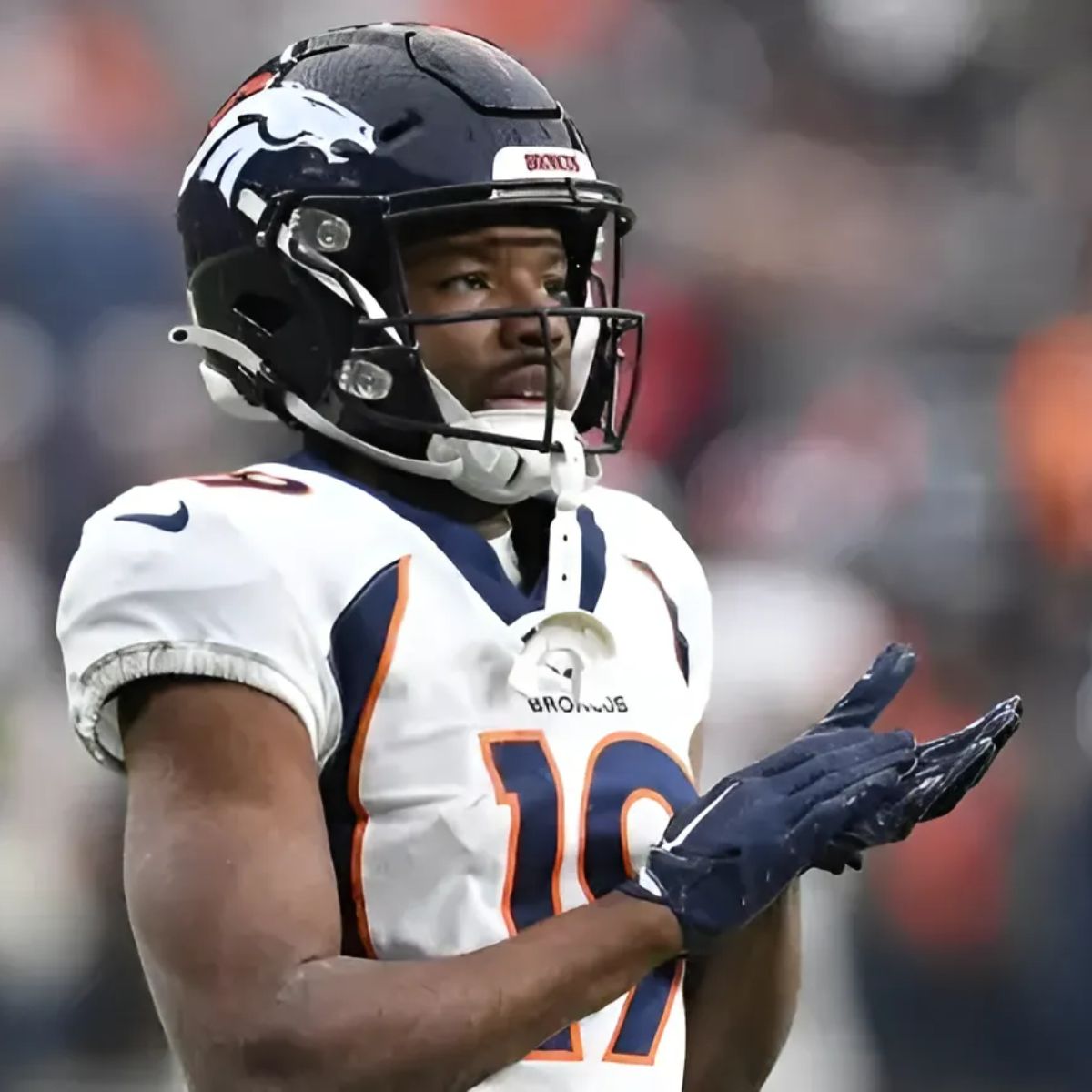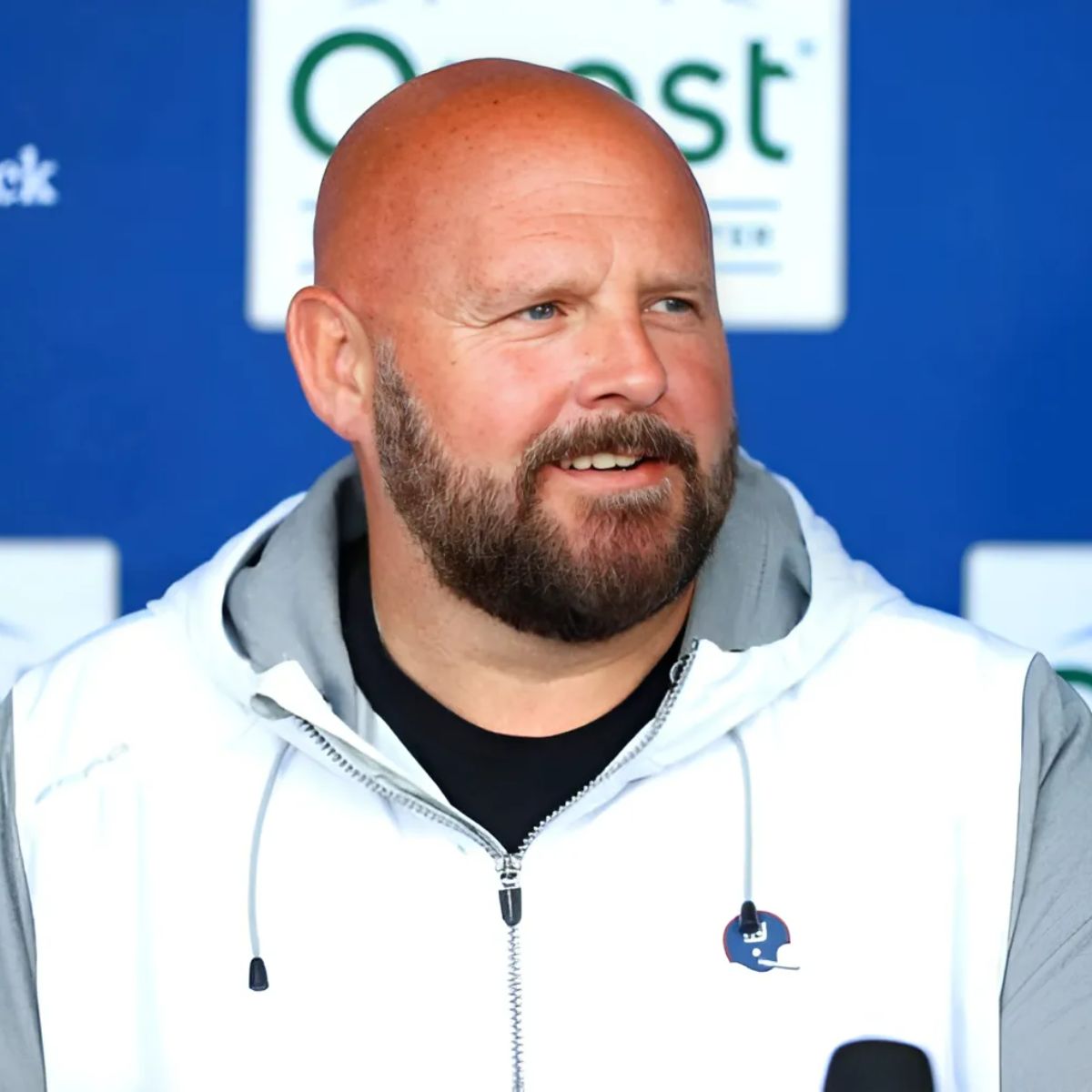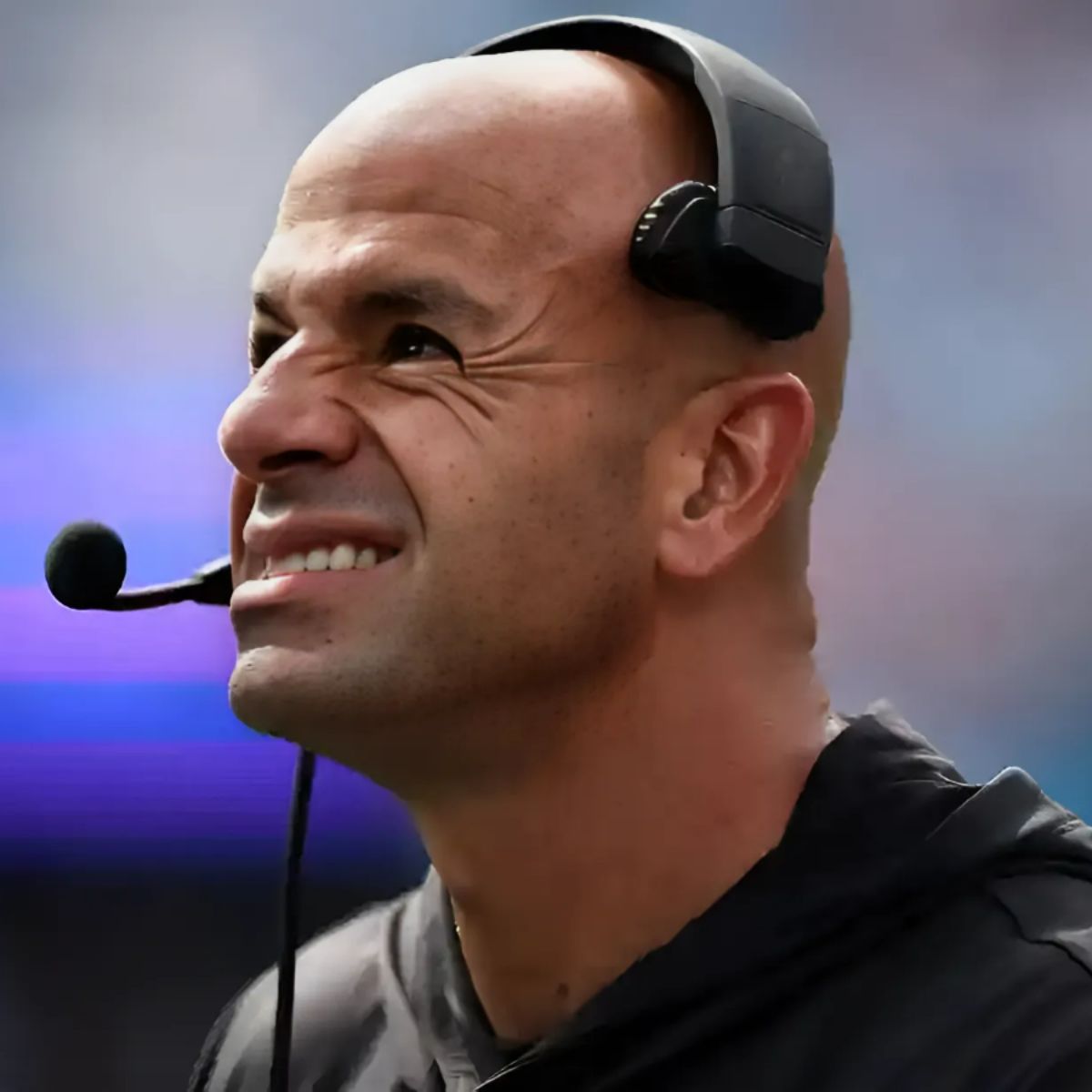ORLANDO, Fla. — Jerry Jones began painting himself into this corner in January.

The always interview-friendly Dallas Cowboys team owner used two words that began to ring across league halls.
He doesn’t regret them, per se. But he’s aware of them. He knows how they’ve been interpreted and he knows that interpretation has veered from his own.
So after a quiet free agency in which the Cowboys have lost far more talented players than they gained, and thus far have not issued any major extensions to their existing stars, allow Jones to further explain what he meant when he said he was “all-in.”
“We get to be the world champion of how it works when you don’t have as much money, but make no mistake about it, with every tool we got, we’re all-in,” Jones said Sunday from the hallways of the NFL’s annual league meetings. “We’re all-in. As a matter of fact, this is rolling the sleeves up and more all-in here than we were last year or the year before.
“It can impact us for, in some cases, five years down the road.”
Jones’ salary cap concerns are far from new. He and his son, executive vice president Stephen Jones, have long bemoaned the limited “pie” they have to allocate among players, speaking of it with a frequency and tenor that seems beyond their 31 counterparts.
Sure, salary cap hits come: The Kansas City Chiefs trading star receiver Tyreek Hill is the best example in recent memory, though the trade helped Kansas City keep quarterback Patrick Mahomes, tight end Travis Kelce and defensive tackle Chris Jones as its trifecta of leaders on and off the field.
The Cowboys face a similar situation. Their challenge: Can they rely on their core trifecta to go all the way, when in recent postseasons they’ve struggled to go any of the way?
Cowboys’ trifecta doesn’t have skins on wall that Chiefs’ does
Quarterback Dak Prescott, receiver CeeDee Lamb and edge rusher Micah Parsons threaten to be the foundation on which the Cowboys get over the hump. They’ve each anchored the Cowboys’ three straight 12-5 seasons. None of them have taken the team beyond the divisional round of the postseason in those years, the hump that began after the 1995 season only growing steadily ever since.
What formula would the Cowboys currently ride? Jones believes that if the Cowboys advance this season, they’ll do so because Prescott will have risen still further from his career-best 2023 regular season and the Cowboys’ run defense will shore up the gaping holes that the Arizona Cardinals, San Francisco 49ers and Green Bay Packers exposed last season.
But Jones says he doesn’t believe shelling out money is the most guaranteed route. Take 2019, when he believed he had the best offensive line in the game and a running back to match it. He gave Ezekiel Elliott a market-setting deal worth $15 million per year with $60 million guaranteed. The Cowboys wouldn’t make it to the playoffs for three seasons; they wouldn’t win a game for four.
Jones looks at Elliott’s deal with the benefit of “hindsight” and knows he’d operate differently now, as he showed this month when he let Tony Pollard hit free agency amid a running back valuation that continues to dip.
Again, he doesn’t regret paying Elliott, he says. But what does he regret?
“I regret not winning,” Jones said. “Frankly, I regret not winning the Super. And really, while our fans might take exception to that, where we have spent this money … we’ve been hanging around the rim pretty good.
“We’ve been winning a lot of games. That’s what has transpired with us spending that money the way that we spend it over that. I would agree with you. Satisfactory to sit here and not have advanced these last two or three years? Absolutely not. Absolutely not. Nobody did good enough. For our fans to have those results and I’m OK with that? Of course not.”
So what, then, does Jones means by “all-in”?
Getting to the root of Jerry Jones’ cryptic comments
Fans would be wise to interpret the phrase twofold, the first tenet hinging on what the Cowboys already have done and the second hinging on what they are going to do.
The Cowboys already have Prescott, Lamb and Parsons under contract for 2024. They have head coach Mike McCarthy, paired with a new defensive coordinator in Mike Zimmer, as the managers tasked with better scheming an allegedly talented roster to fulfill its potential and to win when it matters most instead of only when it matters least.
The second tenet hinges on the flexibility the Cowboys are keeping for the next five or so years. McCarthy and Prescott each are scheduled to enter 2024 on expiring deals. Neither Jones’ tone nor the sentiment of agents around the league suggest a belief that the Cowboys are eager to do a deal, some even describing Dallas’ negotiations or lack thereof as a case of “deal inertia.”
Does this mean Jones, once and for all, is not all-in? It could. After all, the octogenarian is far less risk-averse now than he was when he developed his risk-taking reputation. But also: Perhaps Jones is all-in on assessing whether his talent and coaching can get over a hump they’ve shown little progress toward. Perhaps he’s all-in on trying to discern if none of his puzzle pieces fit or if some will best structure the frame for new ones to enter.
Jones said Sunday that he believes “there’s probably a handful or more quarterbacks NFL playing that haven’t won a Super Bowl that will win a Super Bowl.” He includes Prescott in that category.
He also wants to see more evidence to support his conclusion that Prescott can do so without a full supporting cast if he makes top dollar. Alternatively, Jones said he would be open to extending Prescott sooner if a deal left more room for the Lambs and the Parsonses of the world.
And lastly, Jones has an urgent desire of his coaches. If the Cowboys are going to pay them top dollar, he told them, feature them accordingly. Give Lamb the bulk of the targets, lean on Prescott to pass often and send Parsons to wreck more plays than not behind the line of scrimmage.
“I think it has to do with frankly a better coordination between the coaching, certainly the managing, but the coaching as to what you get when you relative to what you’re trying to win games with,” Jones said. “Your strategies and who you’re paying, that needs to be really coordinated differently. I know we can improve on that. If I look back and we’ve had Pro Bowlers, did we get the absolute best execution and best chance to win and advance in the playoffs by using those Pro Bowlers who just happened to represent 60% of your salaries? Did we get the most out of them to win the games?
“My No. 1 thing that I would say to you and that I would say to Mike, I’d say to anybody there, is: ‘If you’re gonna pay them, use them.’”




